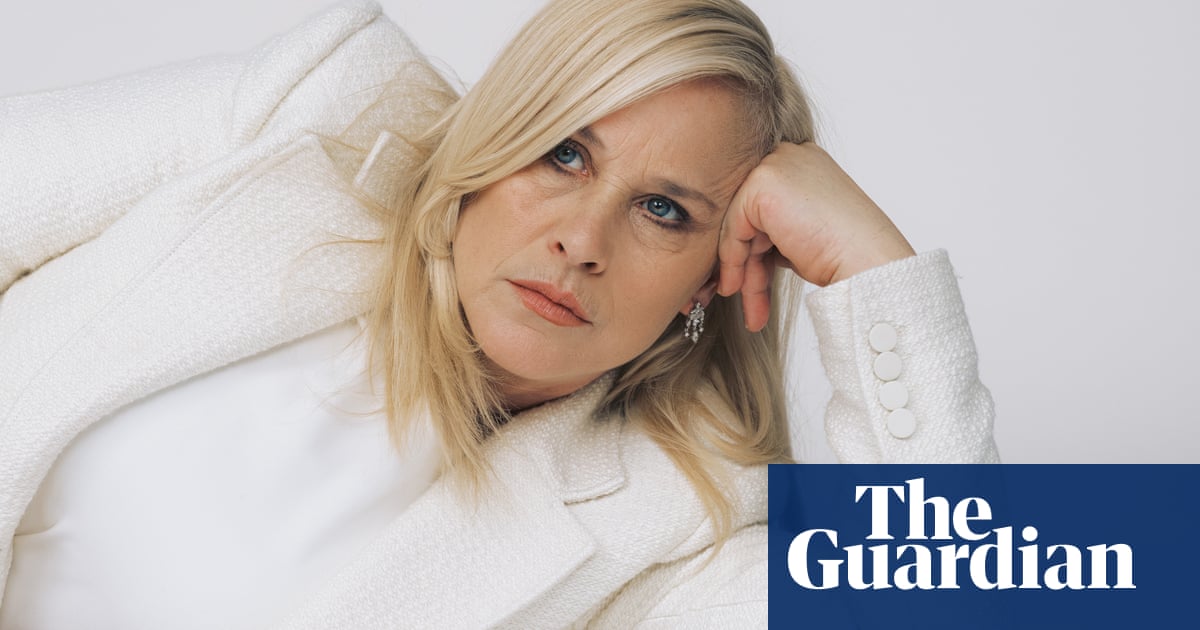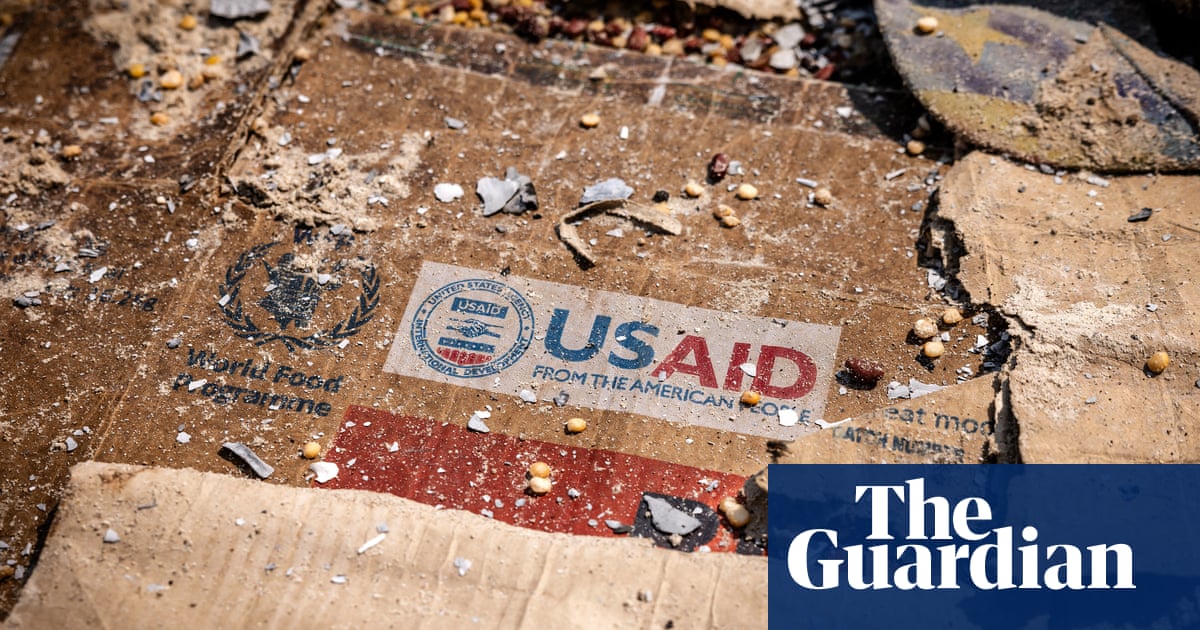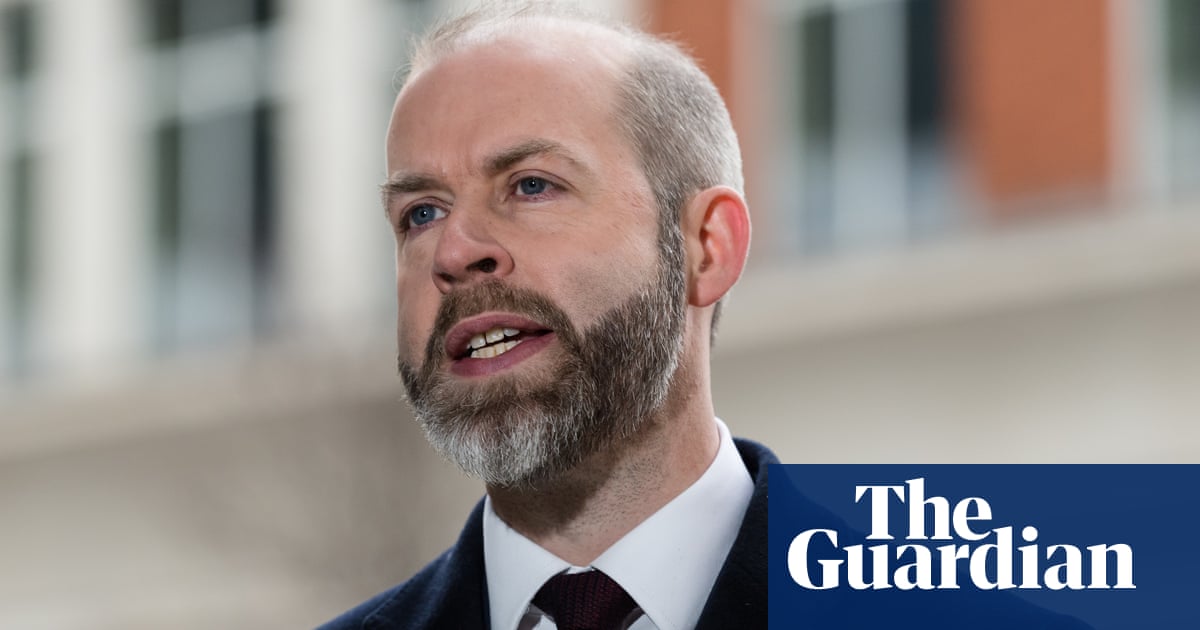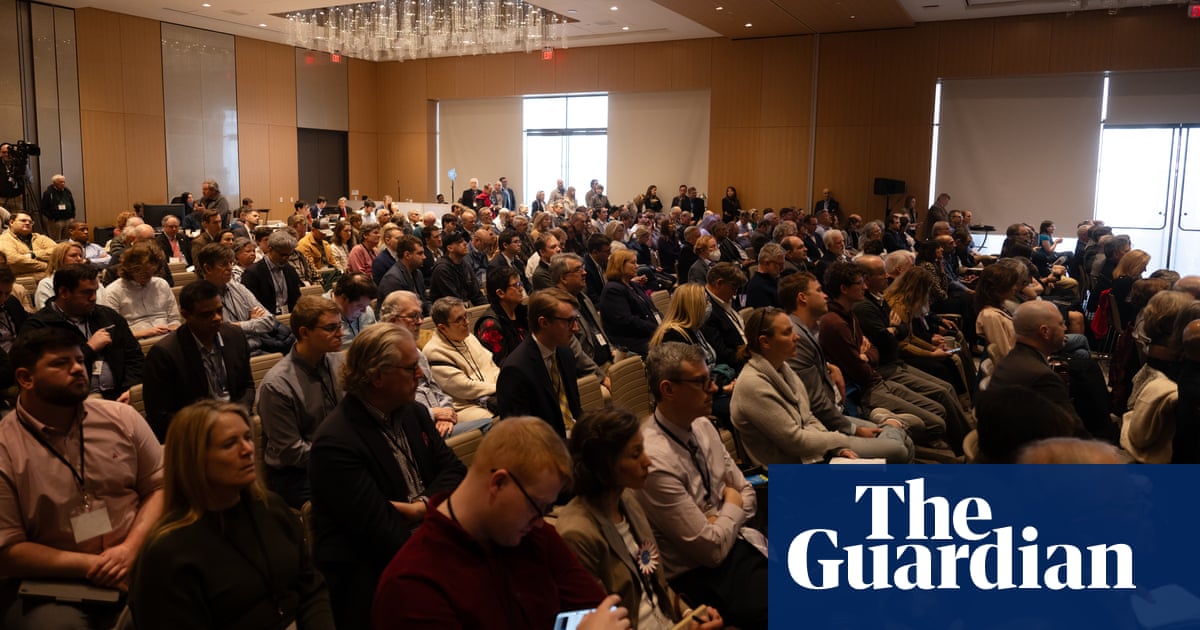In a small city across the harbour from New Zealand’s capital, an invisible villain is terrorising locals. It hovers thick and putrid, seeping through windows, tainting laundry and making people retch. “The stench”, as locals call it, can be so odious, people have to dash between their car and house holding their breath, have stopped eating outside and are considering selling their homes to escape.
“It’s like a long-drop [toilet] that’s not well ventilated,” says Anthony Coomer who lives and works in the area. “It’s like the worst baby’s nappy you have ever smelt … and that’s what it is like in your mouth.”

For years, Lower Hutt city residents and businesses have been living with the odour emanating from the Seaview wastewater treatment plant, which sits in a semi-industrial, semi-residential area along the northern shores of Wellington harbour. Most of the time it comes and goes – some days it is pungent, other days non-existent. But in recent months the smell has become stronger and more frequent following equipment breakdowns and a fire in the plant’s dryer system.
While local authorities say they are working to minimise the odour and reduce the risk of major stinks, it could take a few years before a reliable new system is installed.
Outside Coomer’s workplace – a motorsports manufacturing company 300 metres from the plant – the smell is thick and inescapable, even when inside.
“Do you remember the cartoons where the green smell would come along and whiff right up the nose? Coomer asks. “When it’s at its worst, you have to use your arms to cut through the air in front of you.”
Coomer is embarrassed when customers are besieged by the stench, and entertaining people at his home a kilometre away comes with risk. “You’re having a barbecue with your family and then bang – you have to run inside and close all the doors – you can’t taste your food, it’s unreal.”
Danielle Wills, who lives roughly a kilometre from the plant and set up a community Facebook group called Stop the Stench, says the smell can be so strong “you’re literally gagging.”
The stench can arrive a couple of times a week or daily, depending on what’s happening at the plant and what the weather is doing, she says. When people elsewhere are enjoying a hot day in their gardens or playing with their children outside, Seaview locals are closing doors and missing out.

“You’re not enjoying where you are living,” Wills says. “Everyday things you do become changed – you can’t cook outside, you can’t cook with steam because you need to open a window, you can’t dry your laundry.”
Wills and Coomer believe the local authorities responsible for the plant have been too slow dealing with its problems – despite intense community upset. “Chasing them has been exhausting,” Wills says. “It’s only through ongoing pressure that they are doing anything about it.”
The council should be focusing on the basics, Coomer says. “And clean air, and a plant that works, should be a basic.”
The ageing plant has been plagued with issues and breakdowns, due to a history of under-maintenance, says Jeremy McKibbin, the group manager for Wellington Water, the council-owned water service provider that manages the Seaview plant.
“We’ve had two breakdowns in a row with the dryer and that’s corresponded with other maintenance renewals,” he tells the Guardian. The dryer is responsible for removing the waste once its been treated and its faults have led to a buildup of mostly human excrement.
“It’s a horrible smell, I really feel for the residents there … we’re doing everything we can to rectify what is a really terrible situation.”
Staff are trying to remove as much of the sludge buildup as possible and $13m in funding is going towards improving the odour treatment, he says.

Meanwhile, they are making fixes to the current dryer but a reliable replacement – which will be custom built and cost $90m – could, in the worst-case scenario, take up to four years to install.
McKibbin says that does not mean the community will have to endure the stench at its current level for four years, but until the new system is installed, there is a risk of further breakdowns and odours flaring up.
The Lower Hutt City mayor Campbell Barry says water infrastructure across the wider Wellington region has long been troubled by decades of under-investment.
While there was no “silver bullet or quick fix” to the plant’s problems, the day-to-day operators are doing everything they can to mitigate potential odours, Barry says.
Seaview’s woes have drawn comparisons to a stench that plagued a suburb in Christchurch in 2022, after issues with a council-run composting plant. Barry says that situation was very different – there, it was a 24/7 problem – but he is open-minded to exploring what the Christchurch Council did to support its residents and businesses, which included one-off cash payments towards air purifiers.
There are a “significant number” of people who live and work in the vicinity and are affected by the smell when it is bad, Barry says. “It is unacceptable and it isn’t something that people should have to live with – that’s why it is a number one priority for us.”

 2 months ago
48
2 months ago
48













































